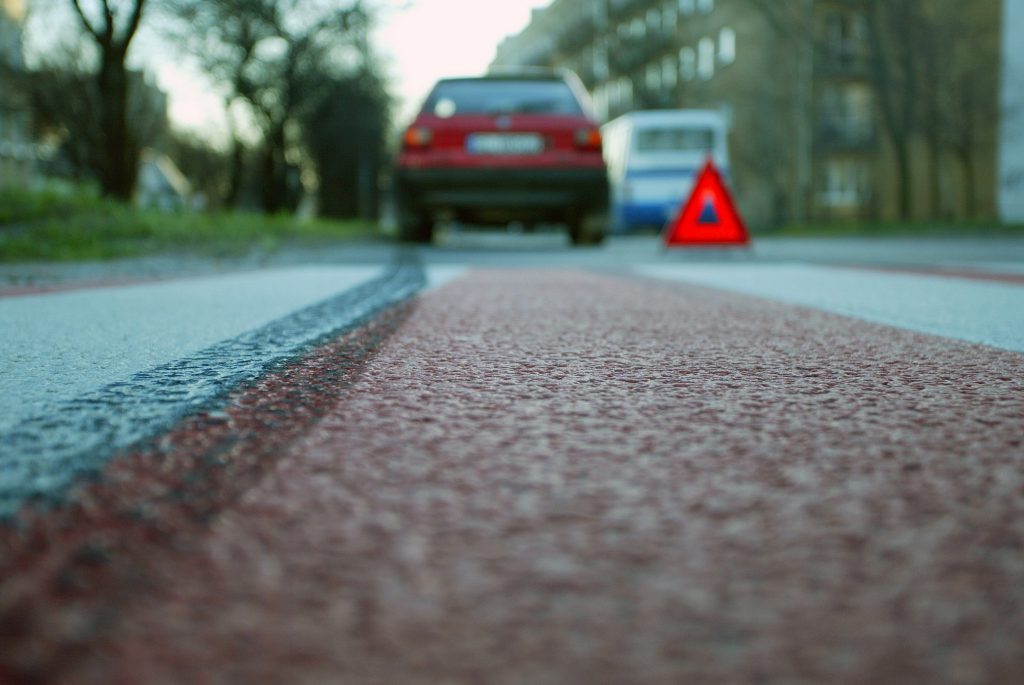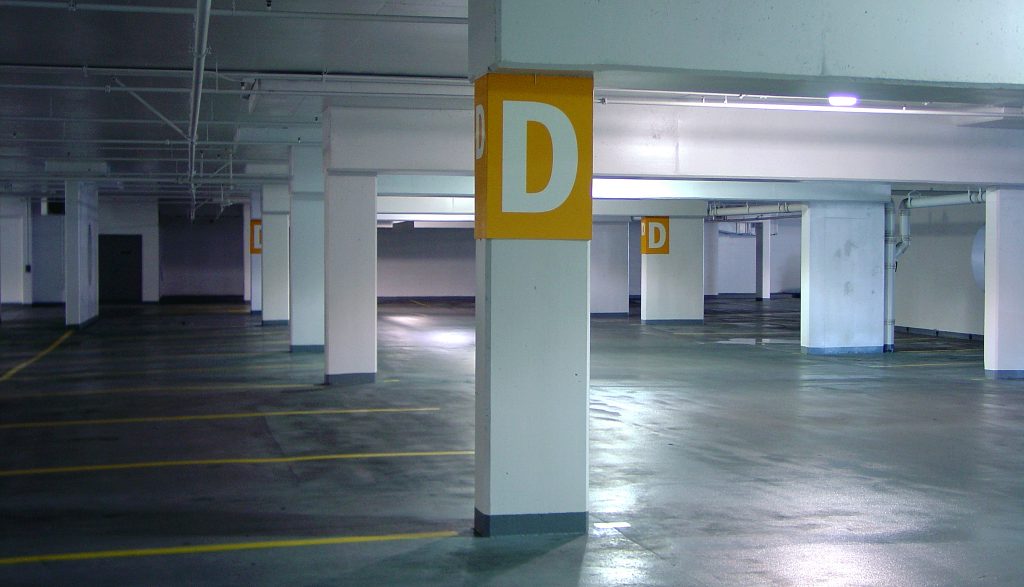 Imagine you go to a hospital for a medical emergency such as leg weakness, back pain, and paresthesia. While you are at the hospital, you feel that you are treated harshly and unprofessionally by the physician that examines you. Later, you find out that the physician wrote insulting things about you in your consultation report, which is now a part of your permanent medical record. This situation was a reality for Ms. Michelle Conner.
Imagine you go to a hospital for a medical emergency such as leg weakness, back pain, and paresthesia. While you are at the hospital, you feel that you are treated harshly and unprofessionally by the physician that examines you. Later, you find out that the physician wrote insulting things about you in your consultation report, which is now a part of your permanent medical record. This situation was a reality for Ms. Michelle Conner.
Because of these unfortunate events, Ms. Conner filed a lawsuit claiming defamation, intentional infliction of emotional distress, and negligent infliction of emotional distress against Dr. Taylor, the physician, and the hospital, St. Tammany Parish (the “Hospital”). Ms. Conner later added a medical malpractice claim after a medical review panel found Dr. Taylor free of any wrongdoing.
Dr. Taylor and the Hospital filed a motion for summary judgment on Ms. Conner’s medical malpractice claim. The Trial Court granted the motion and Dr. Taylor filed another motion for summary judgment as to the claims of defamation and intentional infliction of emotional distress. Again, the Trial Court granted the motion. The Trial Court dismissed Ms. Conner’s claims of negligent infliction of emotional distress and invasion of privacy, as well. Ms. Conner appealed this second summary judgment ruling, but not the summary judgment on her claim of medical malpractice.
 Louisiana Personal Injury Lawyer Blog
Louisiana Personal Injury Lawyer Blog


 After someone has been through six, separate car accidents, it might be difficult to keep track of which injuries and treating physicians stemmed from which accident. Nevertheless, if you find yourself before a court you must present a detailed and accurate record of everything. The following case, in which one Baton Rouge woman claimed that the Trial Court considered the wrong evidence in deciding her case, illustrates this point.
After someone has been through six, separate car accidents, it might be difficult to keep track of which injuries and treating physicians stemmed from which accident. Nevertheless, if you find yourself before a court you must present a detailed and accurate record of everything. The following case, in which one Baton Rouge woman claimed that the Trial Court considered the wrong evidence in deciding her case, illustrates this point. You may be entitled to compensation for any injury that occurs on the job. The extent of compensation depends on the extent of your injuries. See
You may be entitled to compensation for any injury that occurs on the job. The extent of compensation depends on the extent of your injuries. See  Parents love their children very much. It is always a difficult experience to involve a child in a lawsuit. Such an emotionally difficult experience can be soothed by having the best attorney possible. Losing a lawsuit on behalf of one’s child is a traumatic experience, especially after an accident. This is exactly what happened in a recent case of the Louisiana First Circuit Court of Appeal.
Parents love their children very much. It is always a difficult experience to involve a child in a lawsuit. Such an emotionally difficult experience can be soothed by having the best attorney possible. Losing a lawsuit on behalf of one’s child is a traumatic experience, especially after an accident. This is exactly what happened in a recent case of the Louisiana First Circuit Court of Appeal.  Louisiana law awards damages awarded for injuries caused by the intentional, negligent or reckless act of another. These damages are determined by the finder of fact – a jury or judge – after hearing the evidence presented at trial. Even if the factfinder finds that the defendant is at fault, sometimes it is not clear cut what type of damages should be awarded and what amount is proper. A recent case out of Livingston Parish demonstrates how courts in Louisiana allocate damages in personal injury cases.
Louisiana law awards damages awarded for injuries caused by the intentional, negligent or reckless act of another. These damages are determined by the finder of fact – a jury or judge – after hearing the evidence presented at trial. Even if the factfinder finds that the defendant is at fault, sometimes it is not clear cut what type of damages should be awarded and what amount is proper. A recent case out of Livingston Parish demonstrates how courts in Louisiana allocate damages in personal injury cases. The Louisiana Workers’ Compensation Act aims to protect employees who suffer on-the-job injuries. But in order to benefit from the act, plaintiffs have the burden of proving their claims. This means providing clear and convincing documentation of your injuries and work limitations. In a recent case, the Louisiana Second Circuit Court of Appeal found that the plaintiff failed in meeting this burden of proof.
The Louisiana Workers’ Compensation Act aims to protect employees who suffer on-the-job injuries. But in order to benefit from the act, plaintiffs have the burden of proving their claims. This means providing clear and convincing documentation of your injuries and work limitations. In a recent case, the Louisiana Second Circuit Court of Appeal found that the plaintiff failed in meeting this burden of proof. Appellate courts are reluctant to reverse a trial court’s judgment based on the argument the trial court failed to properly evaluate the evidence. Deference to a lower court is the norm. A recent decision by the Louisiana First Circuit Court of Appeal in DeBlanc v. Albertson’s highlights the principle of judicial deference.
Appellate courts are reluctant to reverse a trial court’s judgment based on the argument the trial court failed to properly evaluate the evidence. Deference to a lower court is the norm. A recent decision by the Louisiana First Circuit Court of Appeal in DeBlanc v. Albertson’s highlights the principle of judicial deference. Concursus proceedings can be complicated. In a concursus proceeding, multiple parties assert competing claims to money or property.
Concursus proceedings can be complicated. In a concursus proceeding, multiple parties assert competing claims to money or property.  “An eye for an eye will only make the world blind,” said Mahatma Gandhi. In a recent case, the Ritz-Carlton Hotel Company, LLC claimed that one of its employees filed a lawsuit against it as retaliation for her dismissal from the company. The Louisiana Fifth Circuit Court of Appeal was faced with the question of whether that employee actually suffered a compensable work-related injury or whether her claims were suspect.
“An eye for an eye will only make the world blind,” said Mahatma Gandhi. In a recent case, the Ritz-Carlton Hotel Company, LLC claimed that one of its employees filed a lawsuit against it as retaliation for her dismissal from the company. The Louisiana Fifth Circuit Court of Appeal was faced with the question of whether that employee actually suffered a compensable work-related injury or whether her claims were suspect. When a person is injured, timeliness and diligence are required to hold the responsible party liable under the law. If either element is missing, the injured person will lose the ability to seek relief. An early procedural hurdle plaintiffs face in litigation is the defendant’s motion for summary judgment. Here, the plaintiff must exercise diligence in gathering the necessary evidence to articulate genuine issues of material fact or face dismissal. Another procedural hurdle is the exception of prescription. Similar to what other states would refer to as a “statute of limitation”, prescription is a legal mechanism which prevents a person from pursuing a lawsuit after a certain period of time. In a recent case of the Louisiana Third Circuit Court of Appeal, several procedural hurdles prevented the plaintiff from obtaining recovery.
When a person is injured, timeliness and diligence are required to hold the responsible party liable under the law. If either element is missing, the injured person will lose the ability to seek relief. An early procedural hurdle plaintiffs face in litigation is the defendant’s motion for summary judgment. Here, the plaintiff must exercise diligence in gathering the necessary evidence to articulate genuine issues of material fact or face dismissal. Another procedural hurdle is the exception of prescription. Similar to what other states would refer to as a “statute of limitation”, prescription is a legal mechanism which prevents a person from pursuing a lawsuit after a certain period of time. In a recent case of the Louisiana Third Circuit Court of Appeal, several procedural hurdles prevented the plaintiff from obtaining recovery.